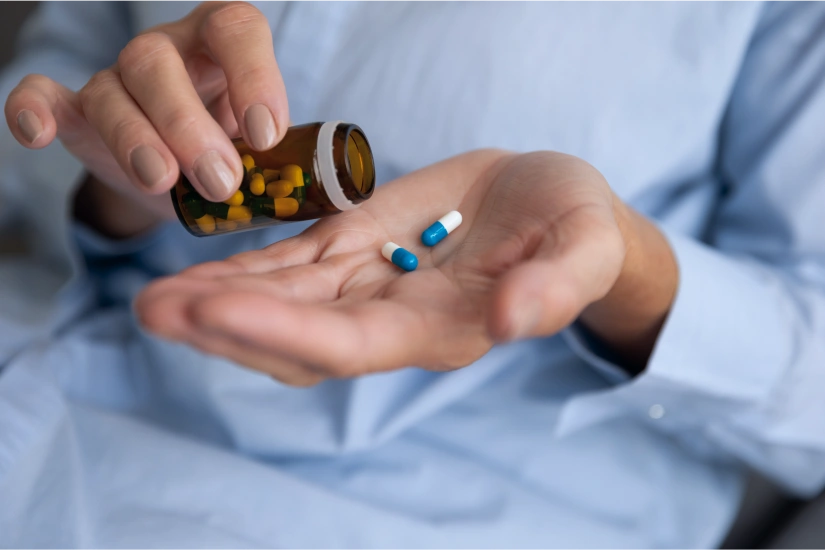24/7 Helpline:
(866) 899-221924/7 Helpline:
(866) 899-2219
Learn more about Partial Hospitalization Program centers in Dobson
Partial Hospitalization Program in Other Cities

Other Insurance Options

Optum

Absolute Total Care

PHCS Network

Coventry Health Care

Sutter

Health Partners

Medical Mutual of Ohio

Evernorth

Ceridian

Carleon

BlueShield

Regence

Optima

American Behavioral

MVP Healthcare

Amerigroup

United Health Care

Humana

Choice Care Network

State Farm

Hope Valley – Men’s Division
Hope Valley Men’s Division is a residential alcohol and drug addiction treatment center located in D...



































































































Professional Assessment
Professional Assessment is a private rehab located in Elkin, North Carolina. Professional Assessment...

AA – Alcoholics Anonymous
AA – Alcoholics Anonymous is a non-profit rehab located in Pilot Mountain, North Carolina. AA – Alco...

Hope Valley – Women’s Division
Hope Valley - Women’s Division is located in Pilot Mountain, North Carolina. The drug rehab facility...

A New Destiny
A New Destiny is a private rehab located in Elkin, North Carolina. A New Destiny specializes in the ...

Serenity Counseling and Consulting Services
Serenity Counseling and Consulting Services is a private rehab located in Pilot Mountain, North Caro...



















































